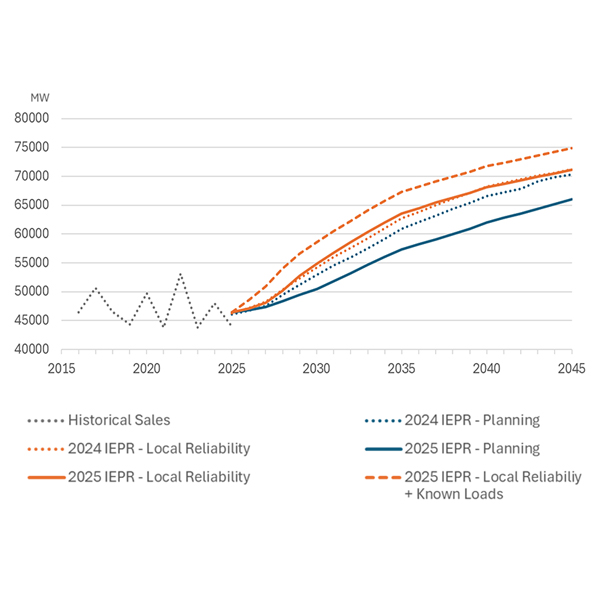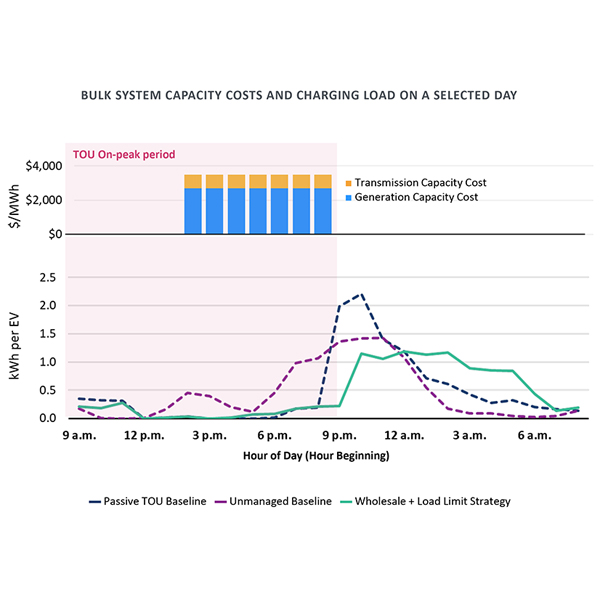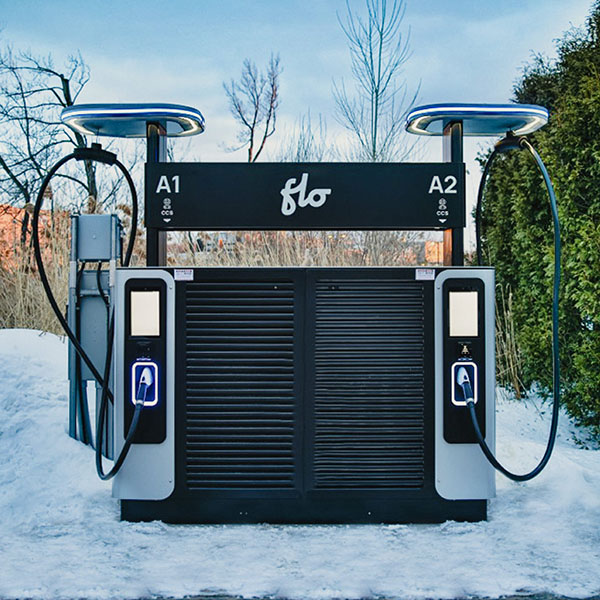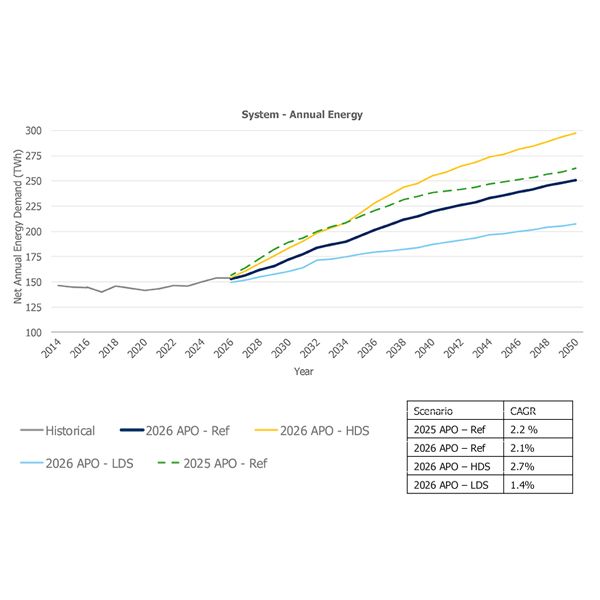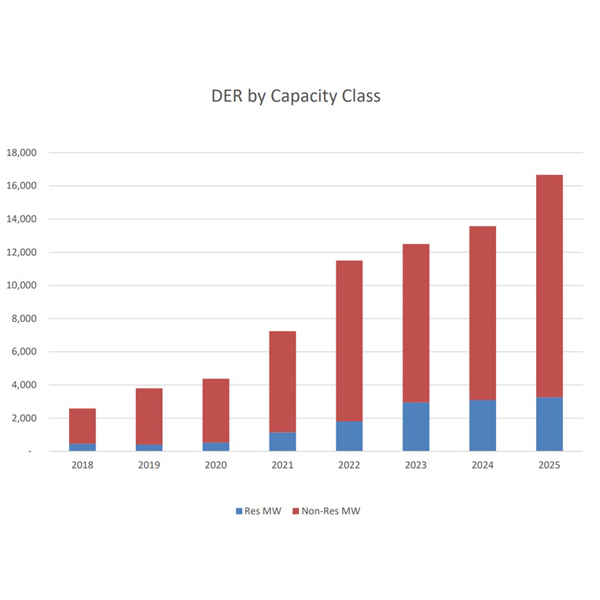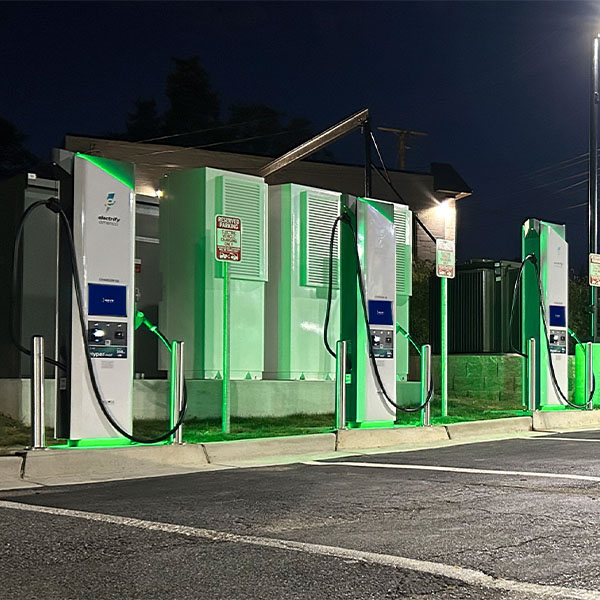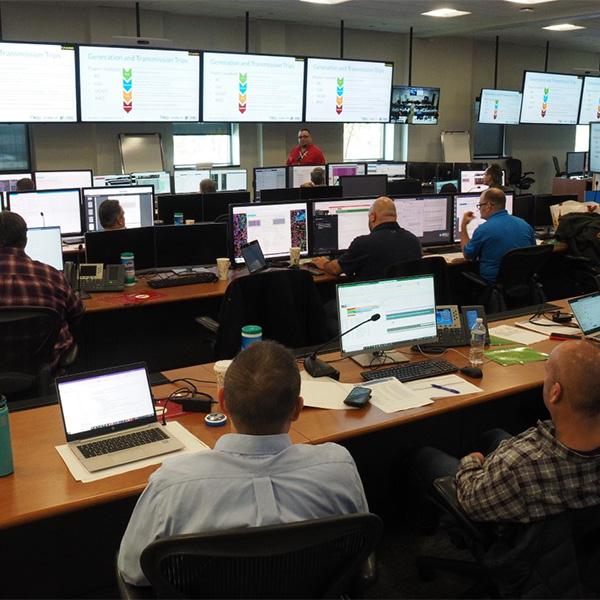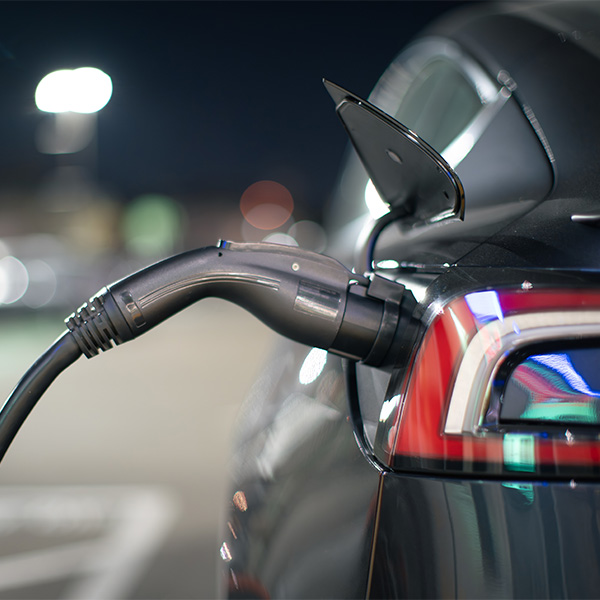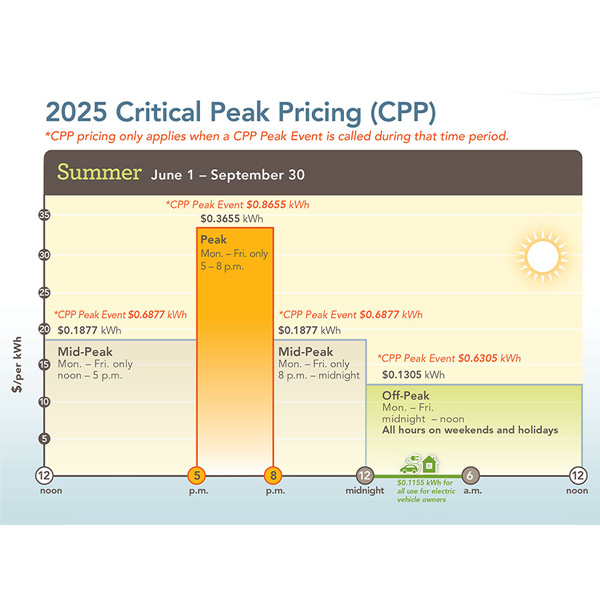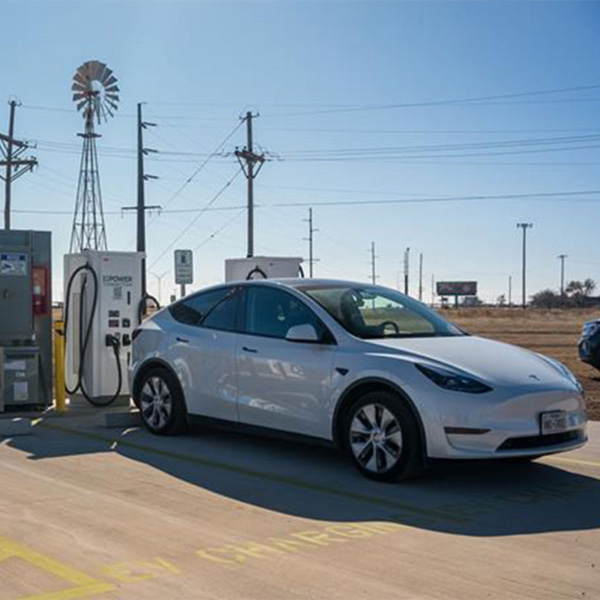Electric vehicles (EVs)
The California Energy Commission signed off on a forecast showing the state's electricity consumption could surge by as much as 61% over the next 20 years, mostly from increased EV adoption.
EnergyHub and Brattle Group released a study based on a real-world test of different strategies for managing charges on distribution circuits, which found significant benefits from managed charging once EVs become more common in a neighborhood.
Sixteen states and the District of Columbia sued the Trump administration in an effort to recover billions of dollars in funding for EV charging infrastructure.
The reference scenario in IESO’s 2026 Annual Planning Outlook indicates net annual energy demand growth of 65% by 2050, from just over 150 TWh in recent years to 250 TWh.
The Organization of MISO States estimates MISO is up to approximately 16.6 GW of distributed energy resources across its footprint, up 3 GW from 2024.
The Electric Power Research Institute has launched a tool called GridFast that will give utilities a jump start on planning for new EV charging loads.
Members of the Reliability and Security Technical Committee heard updates on the upcoming GridEx VIII security exercise, and voted to approve a white paper and reliability guideline at their quarterly meeting.
Adapting charging of electrical vehicles to real-time grid conditions could save utilities up to $30 billion annually and reduce peak energy demand, according to a new report by The Brattle Group and smart charging provider ev.energy.
Two of California’s publicly owned utilities told state regulators they’re not ready to make the leap to rates that change hourly or more often.
An ongoing squabble over a slow-moving EV charger grant program has turned a new page with the Trump administration’s release of new guidance for states to claim funding.
Want more? Advanced Search
